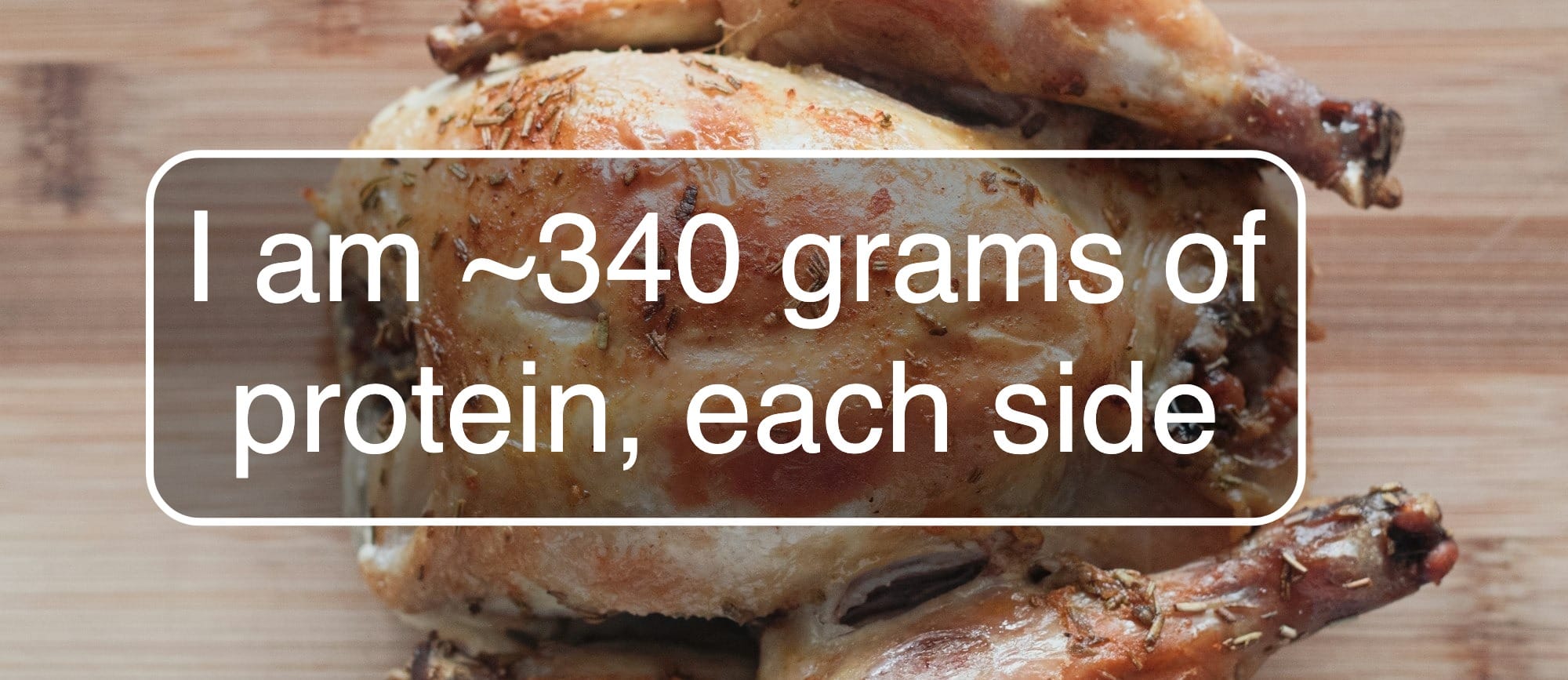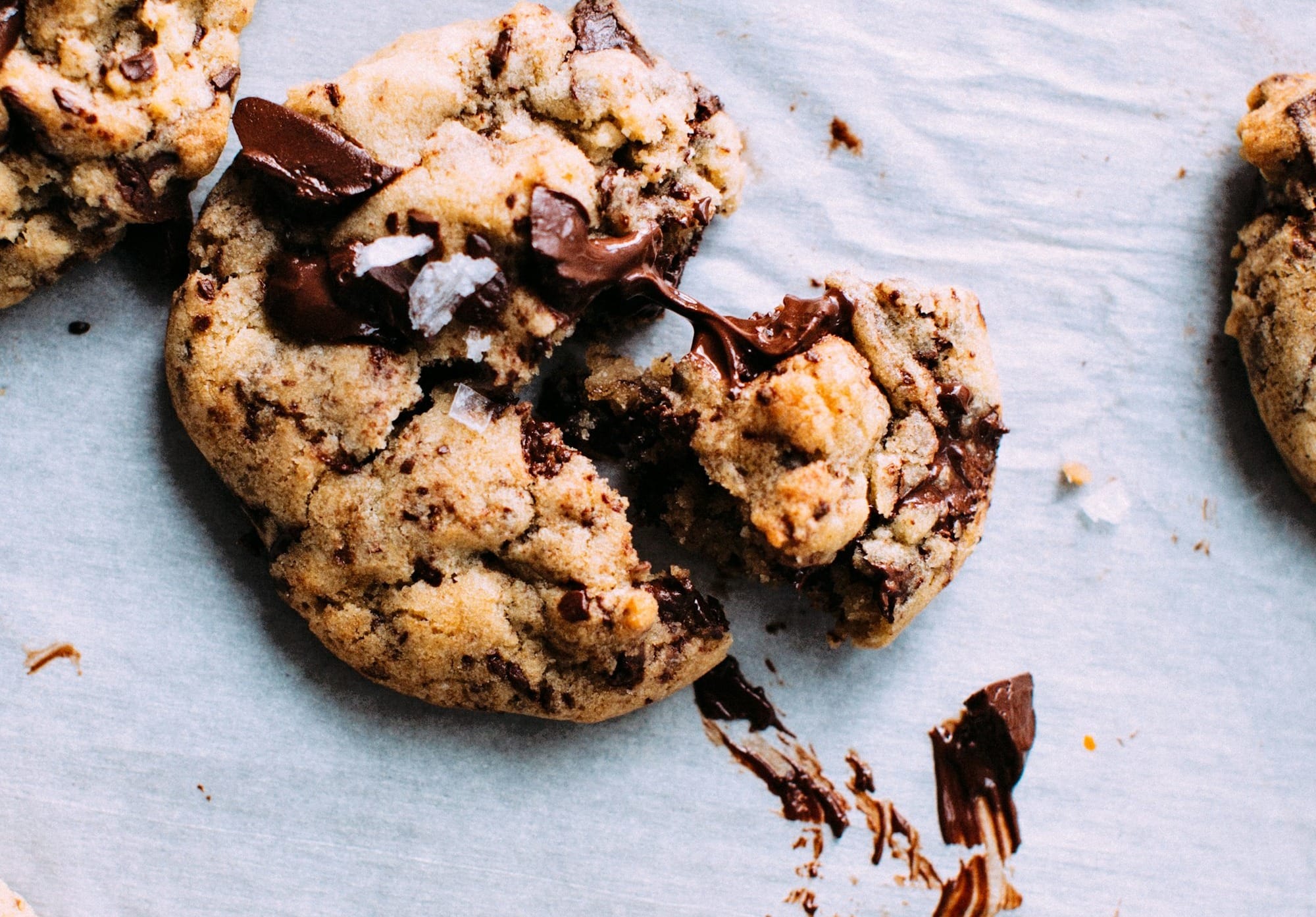That Friend Who Eats All Day and Stays Slim? Yeah, She’s Not What You Think.
Ever wondered about that friend that seems to eat anything and everything but always stay slim? That (same) friend who swears she can eat anything — burgers, bubble tea, maybe a whole tray of fries — and somehow still fits into jeans from 10 years ago? Yeah, I used to hate her too. Okay, maybe hate is the wrong word, but I guess we all know what we felt at that moment.
It’s almost a universal experience: we watch these mythical creatures exist among us, scarfing down calories like it’s an Olympic sport, while the rest of us gain weight just from smelling garlic bread. I used to think there was something unfair, almost cosmic, about it — like some people were just “blessed” with a magical metabolism that burned calories faster than a campfire in a windstorm.
Turns out, the truth is a lot less mystical — and a lot more behavioral.
That’s what I discovered listening to Alan Aragon, one of the few nutritionists who actually backs his advice with decades of evidence and a healthy dose of realism. No keto cults, no carnivore chest-thumping, no “eat six almonds at 2 p.m. and you’ll be fine.” Just real science.
And what I learned flipped my assumptions upside down.
The Lazy Lie About “Fast Metabolisms”
Most of us think metabolism is some fixed, genetic lottery ticket. You either win the jackpot (like your eternally slim friend) or you get stuck with a body that turns one cookie into a visible regret by morning.
Alan Aragon says nope. What we call a “fast metabolism” is usually NEAT — non-exercise activity thermogenesis. It’s the fancy term for all the random movements you do that aren’t technically workouts: fidgeting, walking to the fridge, twitching your leg under the desk, even talking with your hands like an Italian during an argument.
Some people are naturally high-NEAT creatures. When they overeat, their bodies unconsciously move more — hundreds of extra calories burned without them even realizing it.
In one study, these “hard gainers” burned between 336 to 700 more calories per day just through NEAT. That’s like sneaking in an extra hour of exercise without trying.
Meanwhile, the rest of us — the “efficient energy hoarders” — cut calories and then subconsciously move less. We slump on the couch, we stop pacing, we blink slower. Our body thinks we’re dying, so it quietly dials down the burn.
So yeah, your friend isn’t magical. She just fidgets more. And she's not even bluffing you when she says she doesn't gain weight. You, on the other hand, may have evolved to survive a famine. Congratulations — you’d make an excellent caveman. Unfortunately, we don’t live in famines anymore. We live in food courts with unlimited food full of salt, oil and sugar.
The Protein Problem (and Why Timing Doesn’t Matter as Much as You Think)
The internet has turned protein into a cult. When to eat it. How much. What kind. Whether it should come from grass-fed yak milk or plant-based space dust.
Here’s the short answer from Aragon: it doesn’t matter that much.
Whether you eat two meals or five meals a day, it’s your total daily intake that matters — not the timing. You want to lose fat or build muscle? Keep your calories in check and your protein high. Simple.
For most people, that’s around 1.6 to 2.2 grams of protein per kilogram of body weight per day. Higher for muscle-building maniacs, lower for women since they naturally have higher body fat percentages. So for those who don't want to do the math, here are some easy math based 30 grams of protein per 100 grams of cooked chicken:
Daily Protein Requirements by Body Weight (Chicken Equivalent)
| Weight (kg) | Women (1.6 g/kg) | Chicken Equivalent | Men (2.2 g/kg) | Chicken Equivalent |
|---|---|---|---|---|
| 40 kg | 64 g | ≈ 215 g chicken | 88 g | ≈ 295 g chicken |
| 50 kg | 80 g | ≈ 265 g chicken | 110 g | ≈ 365 g chicken |
| 60 kg | 96 g | ≈ 320 g chicken | 132 g | ≈ 440 g chicken |
| 70 kg | 112 g | ≈ 375 g chicken | 154 g | ≈ 510 g chicken |
| 80 kg | 128 g | ≈ 425 g chicken | 176 g | ≈ 585 g chicken |
| 90 kg | 144 g | ≈ 480 g chicken | 198 g | ≈ 660 g chicken |
And no, you don’t need to drown yourself in shakes or eat like The Rock. A mix of animal and plant proteins does the job. Once you hit your daily total, your muscles don’t care if it came from steak or tofu. They just care that you showed up.

The Dirty Truth About Weight Loss (It’s Never Just Math)
We love to think of fat loss as a simple math problem: eat fewer calories, lose weight. But if it were that easy, every nutrition coach would be out of business.
When you cut calories, your body fights back — hard.
Your NEAT drops, your metabolism slows, and your hunger hormones start whispering sweet nothings about cheesecake at 11 p.m.
Even your thyroid can rebel. People with mild hypothyroidism may need 100–200 fewer calories per day just to maintain the same weight. So that “calorie deficit” you calculated might already be gone before you even skip dessert.
This is why “crash diets” and “magic pills” fail. You can’t hack biology. You can only work with it — gently, persistently, patiently.
The Dark Side of Easy Fixes
Now, here’s where Aragon gets brutally honest:
If you’re using drugs like GLP-1 agonists (Ozempic, Wegovy) for weight loss, you will regain the weight once you stop — unless you’ve fixed your habits underneath.
It’s not judgment; it’s just biology again. The drug turns off your hunger, but it doesn’t teach you what to eat or how to move. When the drug leaves your system, hunger roars back like a caged lion finally set free.
The truth hurts, but so does yo-yo dieting.

Alan Aragon’s Redemption Arc
Here’s where the story gets human.
Aragon wasn’t always the lean, disciplined guy with a nutrition empire.
At 40 years old, he was an alcoholic — drinking a bottle and a half of wine every night. Seven days a week. He had two kids, mounting work stress, and a life that was quietly collapsing under the weight of “more responsibilities.”
By 46, he hit rock bottom. The same mind that once calculated calorie deficits now had to calculate how to save his own life.
So he stopped. Cold. Redirected every ounce of that obsessive energy into rebuilding himself — through movement, nutrition, and sanity.
At 52, he looked younger than he did at 40. That’s not genetics. That’s grit. That’s living proof that discipline is reversible — you can lose it, but you can also rebuild it.
The Sugar Scare (and Why Fruit Isn’t the Enemy)
Let’s talk about the biggest lie in diet culture: “Sugar is evil.”
No, Karen.
Your cupcake addiction is evil.
Sugar, on its own, is neutral — it’s the context that matters.
Aragon points out that fruits — yes, the same things Instagram wellness coaches demonize — are incredibly good for you. They have sugar, sure, but also fiber, micronutrients, and antioxidants.
In fact, fruits have a high glycemic index (they raise blood sugar fast) but a low glycemic load (you’d have to eat a lot to make it a problem). Unless you’re eating ten bananas a day, you’re fine.
Even the World Health Organization allows up to 10% of total calories from added sugars. Aragon says that’s perfectly fine — moderation, not martyrdom.
Motivation Is a Priority Problem
Here’s the real kicker, and it hurts a bit.
If you haven’t reached your physique goal, it’s not because you’re lazy. It’s because it’s not your top priority.
That’s it.
If getting leaner or stronger is your fifth or sixth priority — somewhere below “career stress,” “family,” “scrolling on TikTok,” and “finding the right oat milk” — then it’s not going to happen. You can’t out-discipline a list that doesn’t care.
People only change when their desire for change outruns their tolerance for bullshit. Aragon’s rock bottom forced him there. The rest of us usually wait until the mirror or the blood test or the breakup delivers the wake-up call.

My Take: The Science of Enough
When I started experimenting with fasting and nutrition myself, I realised something uncomfortable — it’s not about finding the perfect diet. It’s about finding one that stops making you crazy.
Alan’s message resonated with me because it wasn’t preachy. It wasn’t “eat this, avoid that, shame yourself into change.” It was simple:
- Move more (even if it’s just fidgeting).
- Eat enough protein.
- Sleep.
- Chill.
It’s not sexy. But it’s sustainable.
Because health isn’t about perfection. It’s about equilibrium. About letting the pendulum swing a little — then pulling it back before it hits the wall.
So the next time you catch yourself envying that friend who eats all day and stays slim, remember this: she’s not magic. She’s just moving, maybe unknowingly, a little more than you.
And maybe, so can you.
Source: DOAC | The Fat Burning Expert: The REAL Reason You’re Not Losing Belly Fat (and How To Fix It Fast!)



